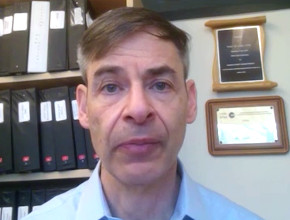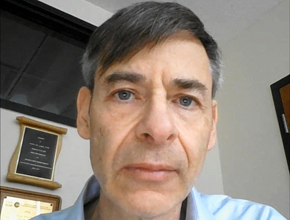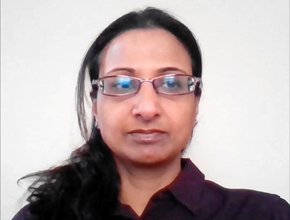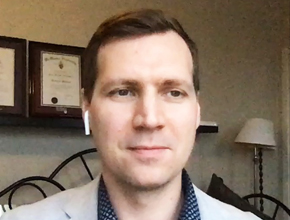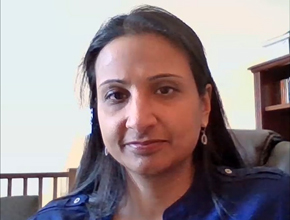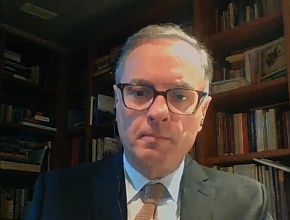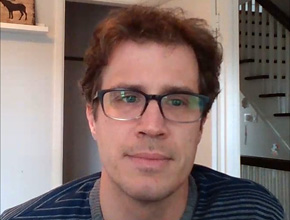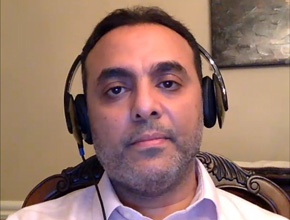Dr Mark Loeb, professor in the Department of Pathology and Molecular Medicine and Michael G. DeGroote Chair in Infectious Diseases at McMaster University, talks with Dr Roman Jaeschke about individual and social protection measures, lessons from the past, and outlooks for the future.
For part 1 of the interview, click here.
Roman Jaeschke, MD, MSc: Good afternoon. Welcome to another edition of McMaster Perspective. Once again our guest is Doctor Mark Loeb, our expert in epidemiology and viral diseases.
We were talking about influenza and how knowledge of this disease could influence our current predictions. You started to talk about how people can protect themselves individually, about the basic hygiene, wearing masks, and recognizing that we are not sure which masks to wear [see COVID-19: Lessons from the past. Part 1]. What else can we do on an individual level? And then I will ask you about what we should think about doing on the societal level. Let’s start with the individual level.
Mark Loeb, MD, MSc: On an individual level, hand hygiene is always important. These viruses can be transmitted through touch, so washing our hands is really important. If someone has a respiratory infection, they could consider wearing a mask—like a medical or surgical mask—as source control. This would be very important particularly if they think they have been infected with the novel coronavirus, also known as the severe acute respiratory syndrome coronavirus 2 (SARS-CoV-2).
What is more controversial is whether people should be wearing masks out on the street. I’m not in agreement with people wearing N95 respirators, because we need to stockpile those important devices for aerosol-generating procedures within hospitals. I think it is not a good public health policy for people on the street to be using these.
Some people are wearing medical masks on the street. Yesterday I was in downtown Toronto and I was seeing this. Again, I don’t think there’s any utility to do that at this point, because there is no widespread transmission. And even if there was, like during the famous flu pandemics, was there any evidence that this did anything in terms of stopping the spread? I don’t think there is much evidence to suggest that.
Those are all issues that are going to come up in play as things evolve with this virus.
Roman Jaeschke: And on the societal level?
Mark Loeb: On the societal level, there is the issue of mass gatherings. Should these be eliminated? I don’t think necessarily that elimination of mass gatherings is going to stop the spread of this virus, because I think right now—as the expression goes—the horses left the barn. But there certainly would be a possibility that it might reduce the transmission or slow the progress.
Roman Jaeschke: Any other experiences or lessons from your lifelong research and clinical care of viral influenza epidemics and pandemics that we could share here?
Mark Loeb: I think these things are sometimes predictably unpredictable, because you don’t know where the cluster is going to be. In this case there is uncertainty as to whether this will evolve into a very severe flu season, like the H3N2 season, or [be more like] the spectrum of the SARS, where there’s more severe cases in very focal clusters. And that’s what we’re seeing right now in northern Italy for example.
Then there’s also the question of how the virus itself is going to evolve as it infects more hosts, or more people. Will there be changes in the virus to affect the virions? Those are all important questions.
Roman Jaeschke: We don’t have answers to them yet, but I guess we’ll get them during subsequent interviews with you. Thank you.
Mark Loeb: That would be correct. You’re welcome.
 English
English
 Español
Español
 українська
українська

